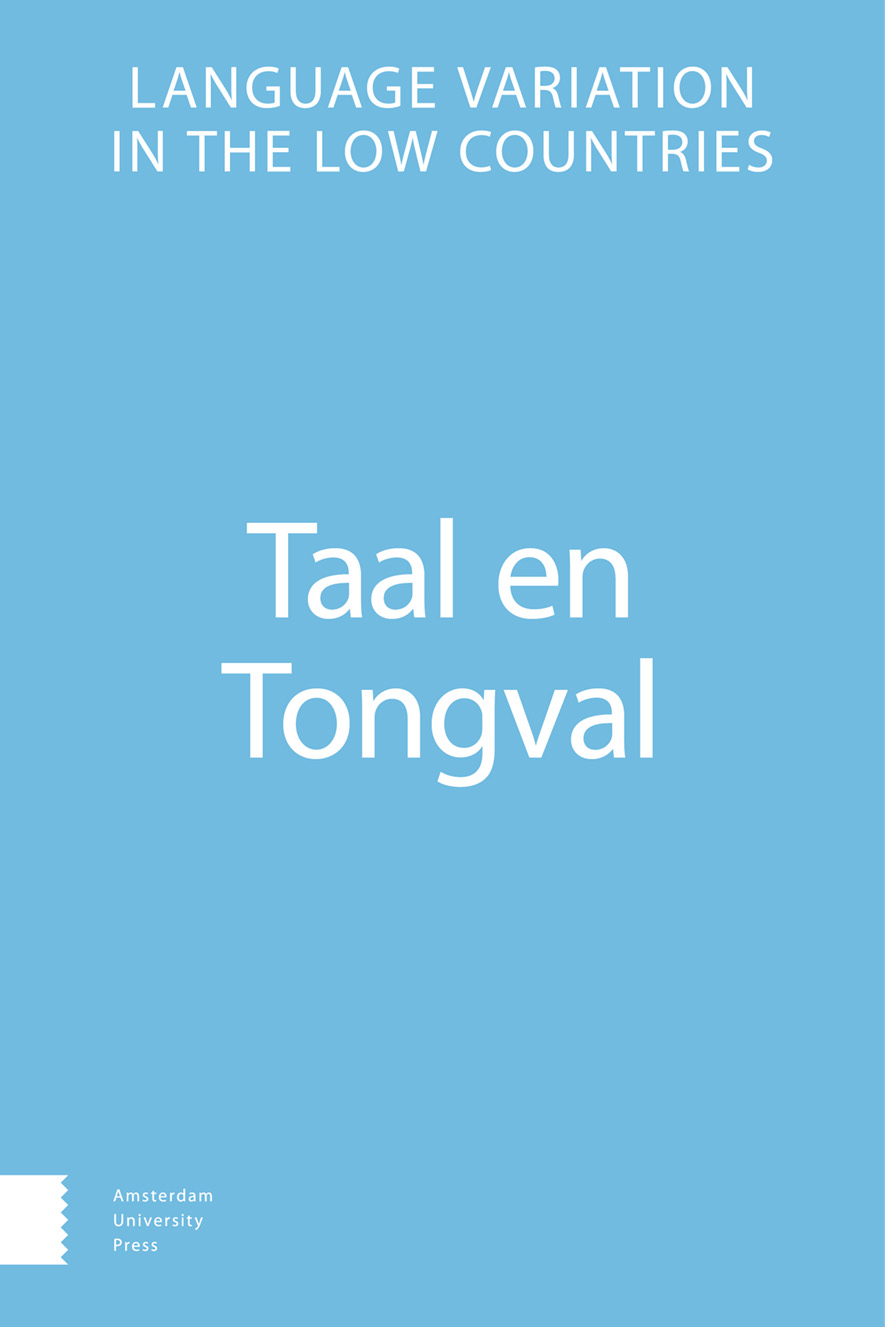-
oa The heterogeneous homogenisation of dialects in England
- Amsterdam University Press
- Source: Taal en Tongval, Volume 63, Issue 1, Jan 2011, p. 43 - 60
Abstract
As a result of high levels of mobility in contemporary England, one outcome of the resultant dialect contact that has been regularly highlighted in the literature is supralocalisation – the success of dialect variants that have a wide geographical currency at the expense of those which are much more locally restricted. This article begins by presenting the case for the existence of supralocalisation, but then goes on to problematize it, thereby suggesting where we must look in order to fully understand the linguistic consequences of present-day social and geographical mobility. I begin by pointing out that supralocal forms mentioned in the literature are often still minority forms in their communities, but suggest that this is understandable given the multiscalar nature of our own mobilities. Secondly, I argue that whilst mobility is often portrayed as a democratising force that is driving linguistic convergence, contemporary mobilities themselves are extremely socially differentiated. I suggest, consequently, that this diversity needs to be taken into consideration when we examine the linguistic consequences of movement – we need to ask who is mobile. Finally, I propose that we need to socialise studies of supralocalisation, which, until now, have largely ignored the dynamics of the social indexicality of supralocal forms. Both supralocalisation and mobility have been depicted as forces of convergence – this article attempts to show that the diversity of the latter undermines a simplistic view of the former.


